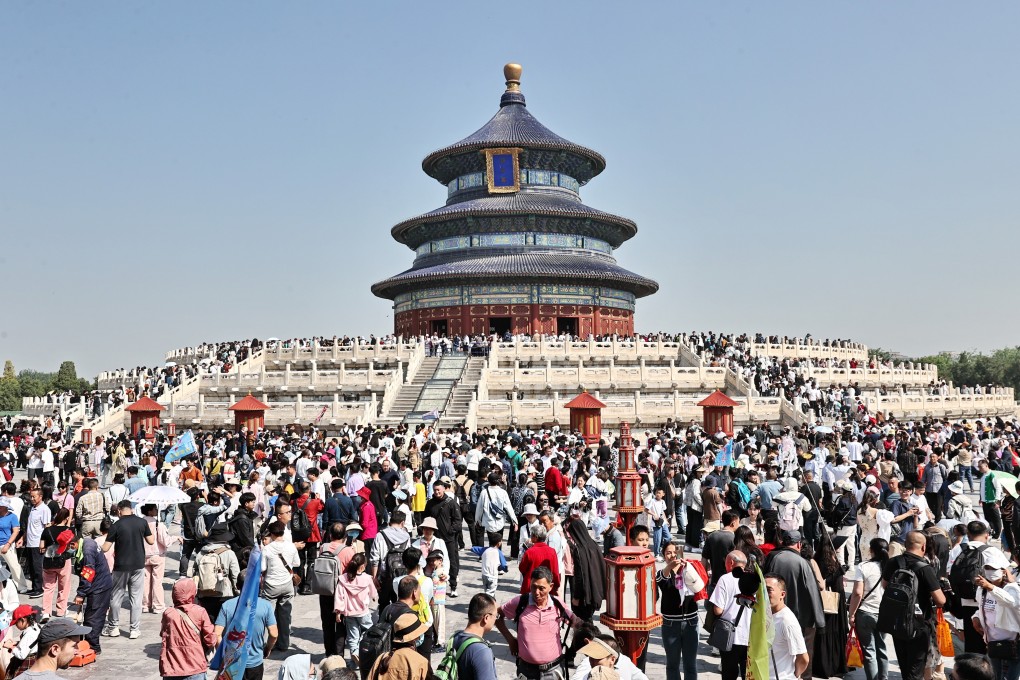Beijing scraps reservation system for most tourist sites in time for summer travel season
- Visitors will still need to book ahead for the Forbidden City and National Museum

In a notice on Thursday, the Beijing Municipal Bureau of Culture and Tourism said that apart from a few exceptions such as the Forbidden City and the National Museum, reservations would no longer be needed for most tourist sites.
It said the decision was an attempt to “further improve the basic services of the city’s tourism areas”.
Earlier, the culture and tourism bureaus in the cities of Shanghai and Suzhou announced that except for some key scenic areas, all tourism attractions, and cultural venues would cancel their registration system.
Before the pandemic, reservations were required for many sites to help control congestion and pressure on facilities. But ticket sales and visitor numbers were tightened further to limit the spread of Covid-19, with most sites requiring real-name registration for entry.